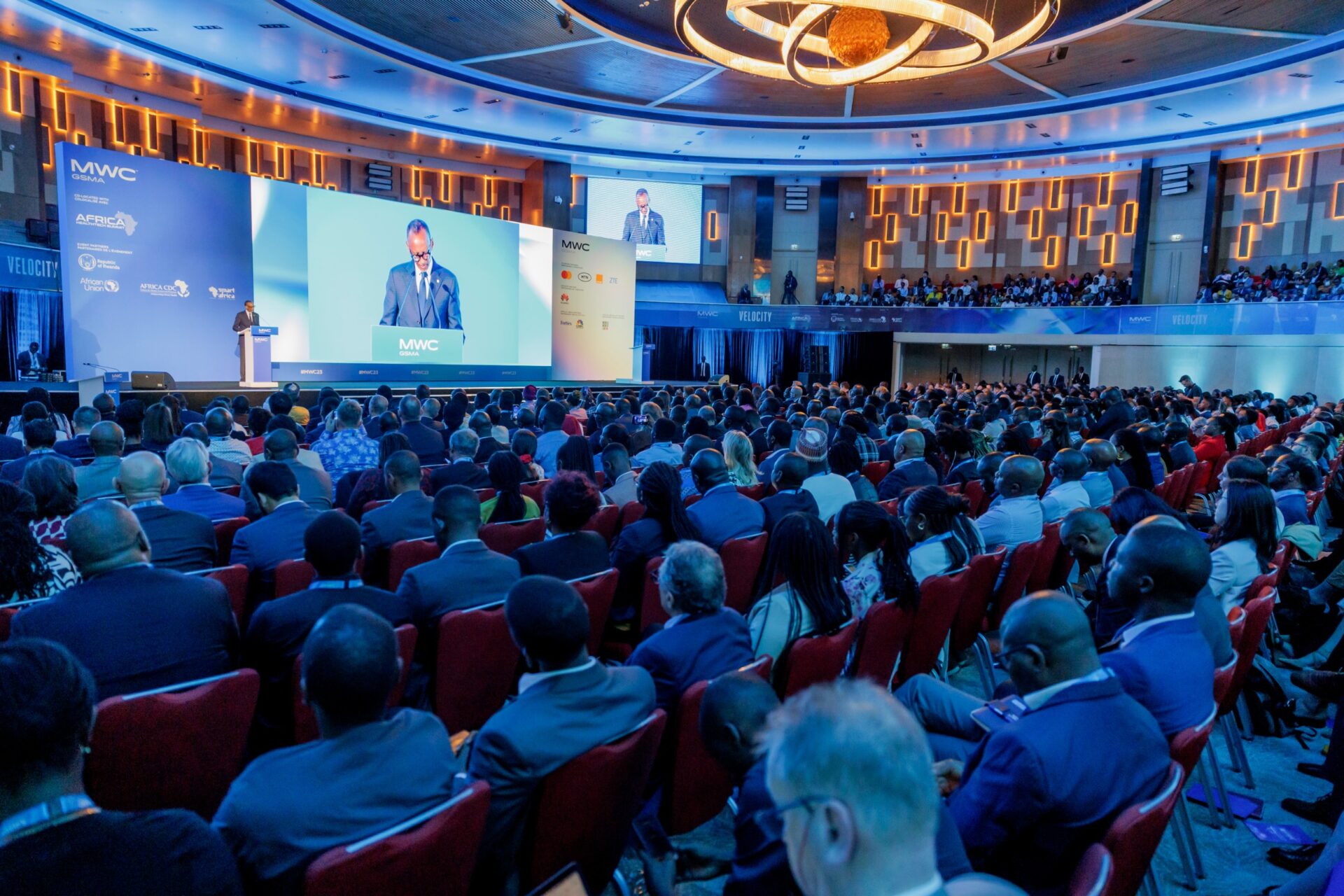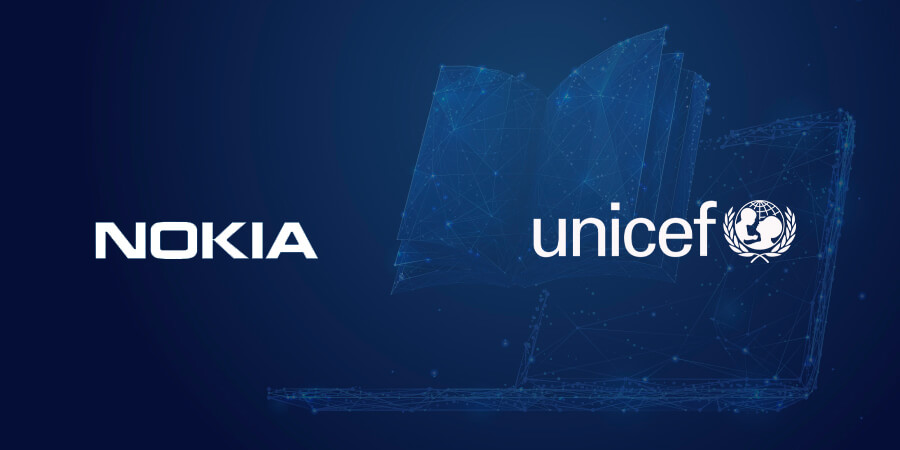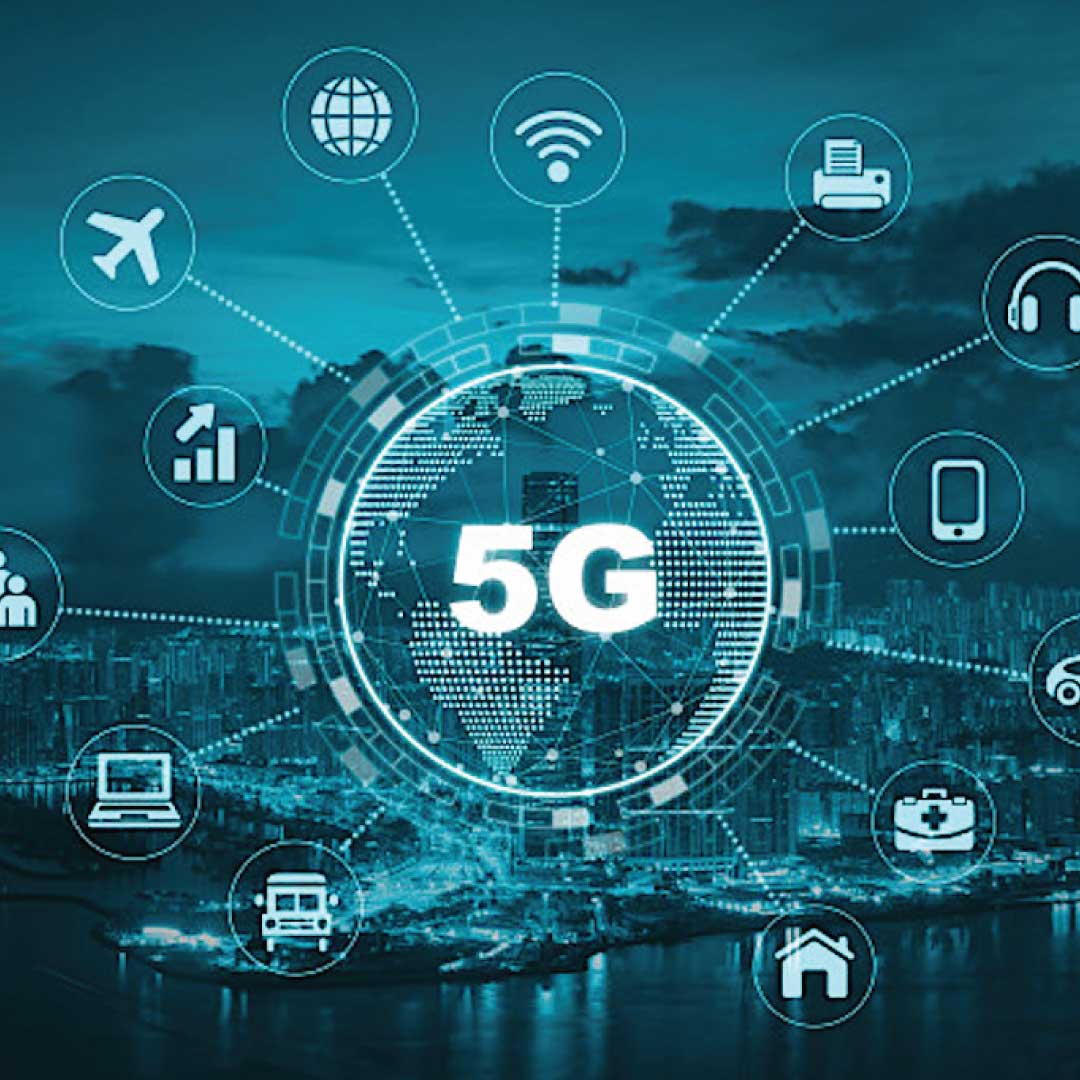The Mobile World Congress 2023 (MWC2023) in Kigali, Rwanda, served as a crucial platform for information and communications technology (ICT) experts to address the necessity of fortifying efforts towards the deployment of 5G networks across Africa.
The consensus is that embracing 5G can potentially reshape industries, enhance connectivity, and act as an economic driver for the continent.
This influential event, which took place from October 17th to 19th, saw participation from over 2,500 delegates. The attendees comprised political leaders, government officials, experts, representatives from international organizations like the United Nations and the African Union, in addition to numerous technology companies and innovative start-ups. Participants came from various regions of Africa and across the world.
Read also: Nigeria’s 5G subscriptions reached 500,000
5G Unleashes Economic Opportunities
The evolution of 5G promises an array of opportunities for Africa. Notably, Amir Abdelazim, a partner expert with Detecon Consulting, highlighted the potential of 5G to catalyze growth in Africa. He stressed, “The rollout and deployment of 5G is expected to contribute to the growth of Africa by creating jobs and improving incomes. The ecosystem surrounding the 5G economy is much more powerful than any other technology that preceded it in the realm of digital communications.”
Abdelazim further expressed his admiration for African startups and their role in crafting innovative solutions. These solutions are seen as pivotal in advancing the deployment of 5G in Africa. African countries were urged to invest considerable efforts into the rapid deployment of 5G networks. This, it was emphasized, would unlock unparalleled opportunities for innovation, technology-driven progress, and economic development.
Catalyzing Transformation Across Sectors
Elizabeth Migwalla, Vice President of International Government Affairs for Qualcomm, underscored 5G’s transformative potential. She stated, “It is the capabilities of 5G that make this transformation possible. When properly deployed and used, every sector of the economy can benefit from 5G, spanning from education and health to governance and transportation in Africa.”
Li Tao, President of Huawei Southern Africa Wireless Business, added his perspective, emphasizing that 5G technology has substantial potential to drive economic growth in Africa. Huawei, a prominent player in delivering 5G technology to Africa, plays a crucial role in advancing the technology’s adoption across the continent. Li Tao noted, “5G can stimulate and promote the 5G industry further by enhancing various aspects, such as devices, ecosystem, and network.”
As per the Mobile Economy Sub-Saharan Africa’s latest report by the Global System for Mobile Communications (GSMA), a global organization that unifies the mobile ecosystem, the momentum for 5G is building in Africa. However, the primary focus for 5G deployment has been on urban areas and industrial locations, where the need for advanced technology is most pronounced.
Positioning Africa for 5G Success
The experts at MWC2023 also highlighted the multiple facets of 5G that are set to benefit Africa. The economic possibilities span across sectors and are poised to enhance the quality of life and foster innovation. By embracing the full potential of 5G technology, African countries are well-positioned to stimulate innovation, enhance connectivity, and foster sustainable development.
The role of technology in Africa is evolving at a rapid pace. Advancements in connectivity and communication are not only driving economic growth but also reshaping industries and sectors like education, health, transportation, and governance. The 5G revolution holds the promise of unlocking unprecedented potential for Africa, and it’s imperative that the continent seizes this opportunity to stay at the forefront of the digital future.
The unanimous call from the experts at MWC2023 in Kigali is for African nations to expedite the deployment of 5G networks. This effort is perceived as a pivotal step in accelerating technological innovation, fostering economic growth, and solidifying Africa’s position in the global digital landscape. As Africa harnesses the power of 5G, it embarks on a path of digital transformation and the creation of a brighter, more connected future.



